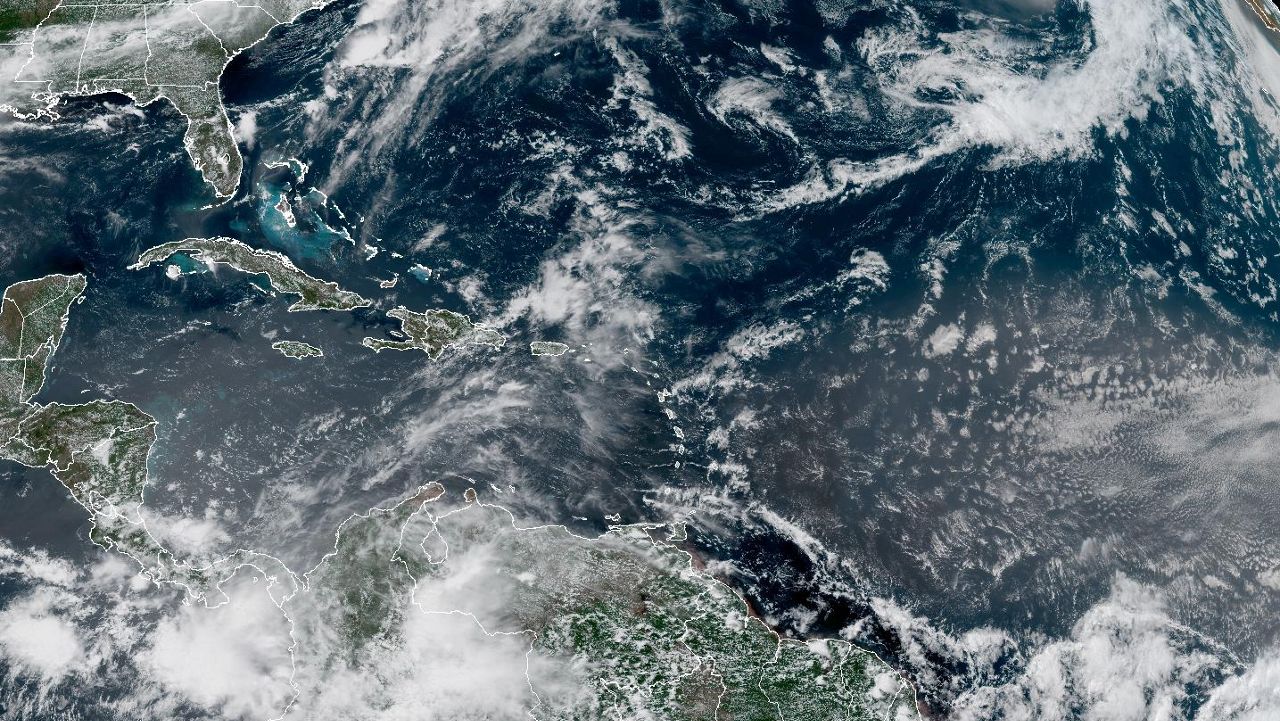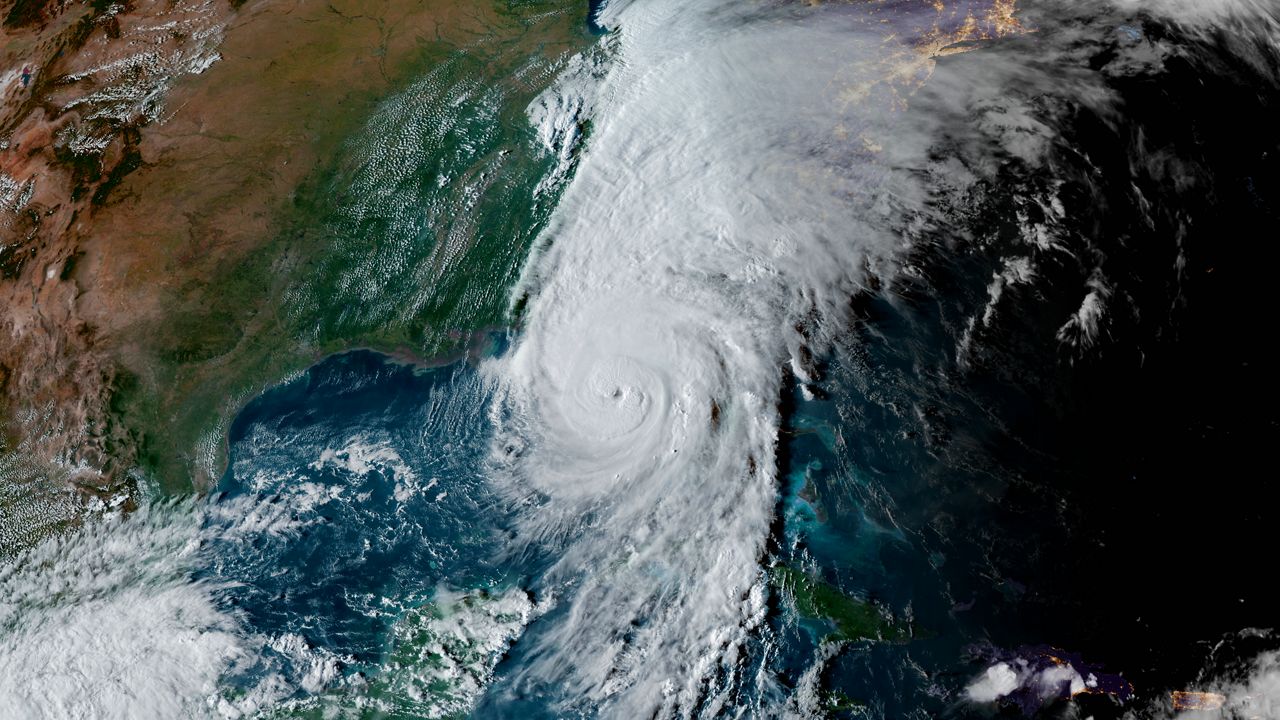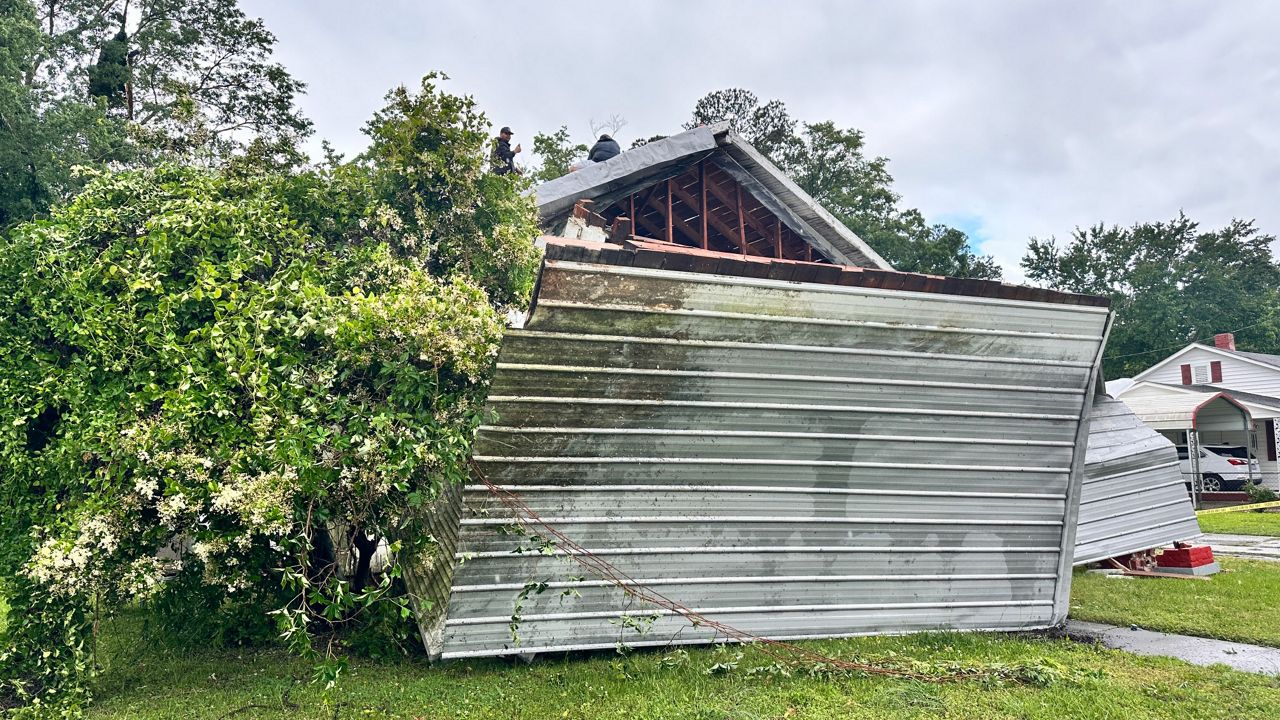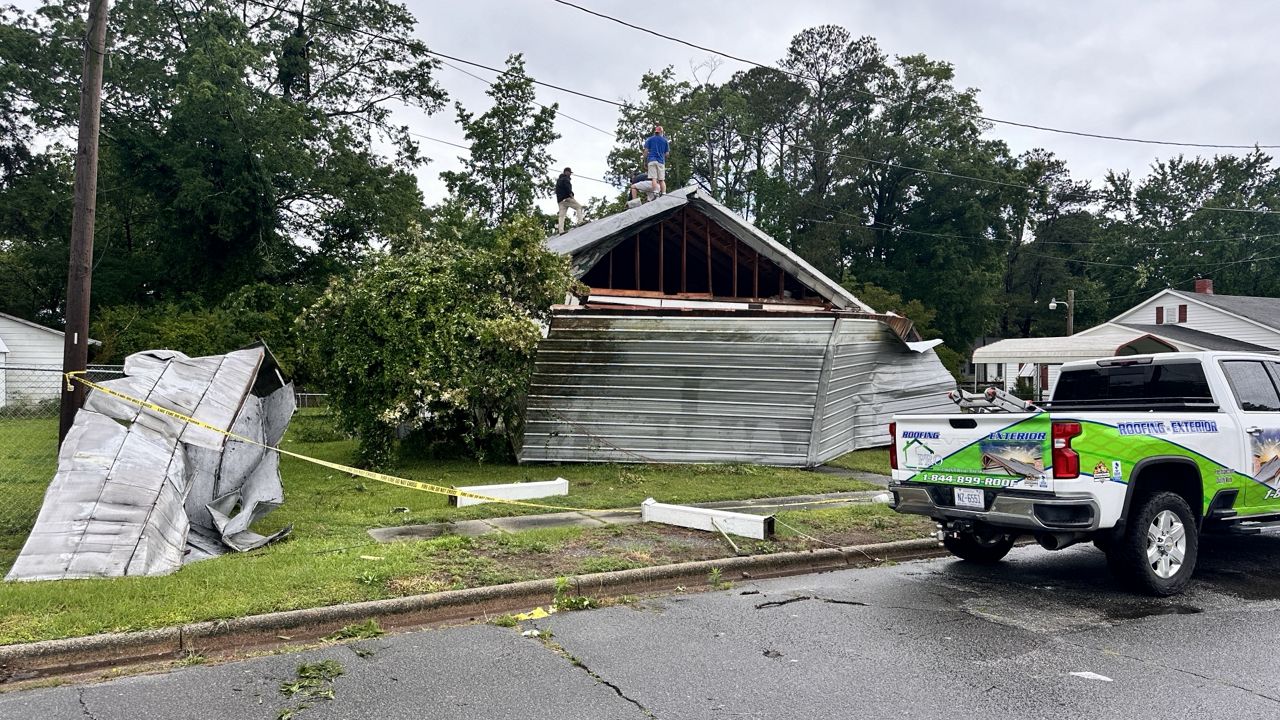NORTH CAROLINA -- Last year Hurricane Dorian became the strongest hurricane ever measured over the northern Bahamas. The catastrophic category five storm sat over the Bahamas for a few days causing destruction that may have forever changed some of the islands. A weaker version of the storm eventually made its way up the North Carolina coast leading to damage along the state's Outer Banks.
Dorian came just under a year after when Hurricane Florence devastated part of North Carolina. The storm was just a category one hurricane based on wind speed when it moved inland. However, the storm stalled over the southeastern part of the state producing up to three feet of rain in some locations. The incredible amount of rain lead to near historic river flooding in some areas.
Hurricane Florence hit less than two years from when Hurricane Matthew caused devastating flooding in many of the same areas.
Dorian, Florence, and Matthew are not the only names many people remember from the last few years. Last year Hurricane Michael was the first category 5 hurricane since 1992 to make landfall in the continental U.S. when it came inland over the Florida panhandle. In 2017, category 5 hurricane Maria caused catastrophic damage in Puerto Rico. Earlier in 2017, Hurricane Harvey hit Texas producing up to 60 inches of rain near Houston.
Are We Seeing A Trend in Stronger Hurricanes?
We can find examples of powerful hurricanes as far back as weather records allow us to look, and there are natural cycles that effect hurricane season. However, science is also clear that humans are having an impact on our climate, and our warming planet is leading to more intense hurricanes.
I recently sat down with Dr. Narcisa Pricope, Associate Professor in the Department of Earth and Ocean Sciences at the University of North Carolina - Wilmington. She studies the effects of climate change and says there is near absolute consensus among climate scientists that humans are causing the earth to get warmer. The emission of greenhouse gases like carbon dioxide is the primary cause.
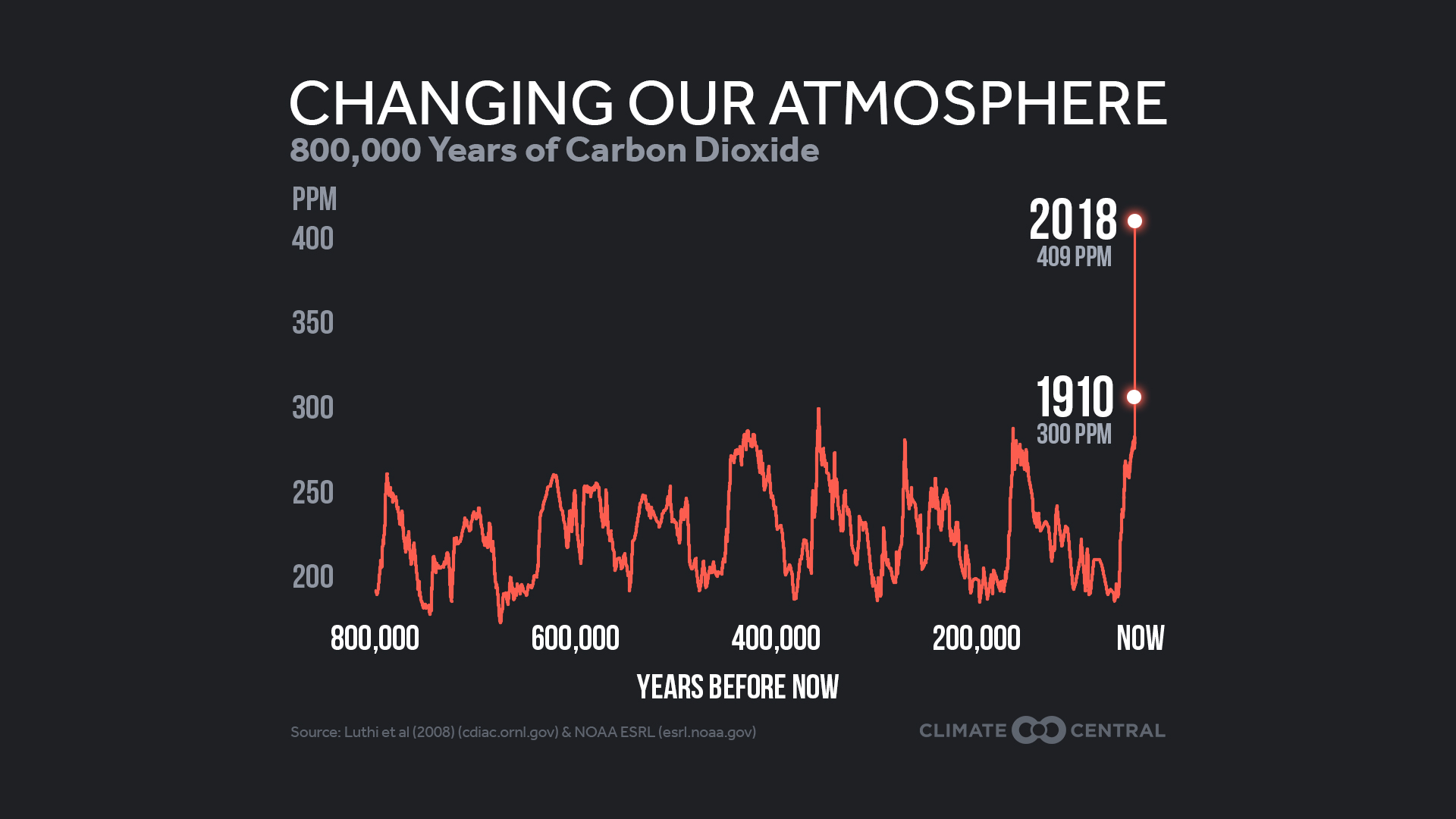
Dr. Pricope says our warming atmosphere and oceans will lead to more intense hurricanes in the future. Research has not shown that the number of storms will increase, but she says there will be more intense hurricanes (category 3-5) compared to the past.
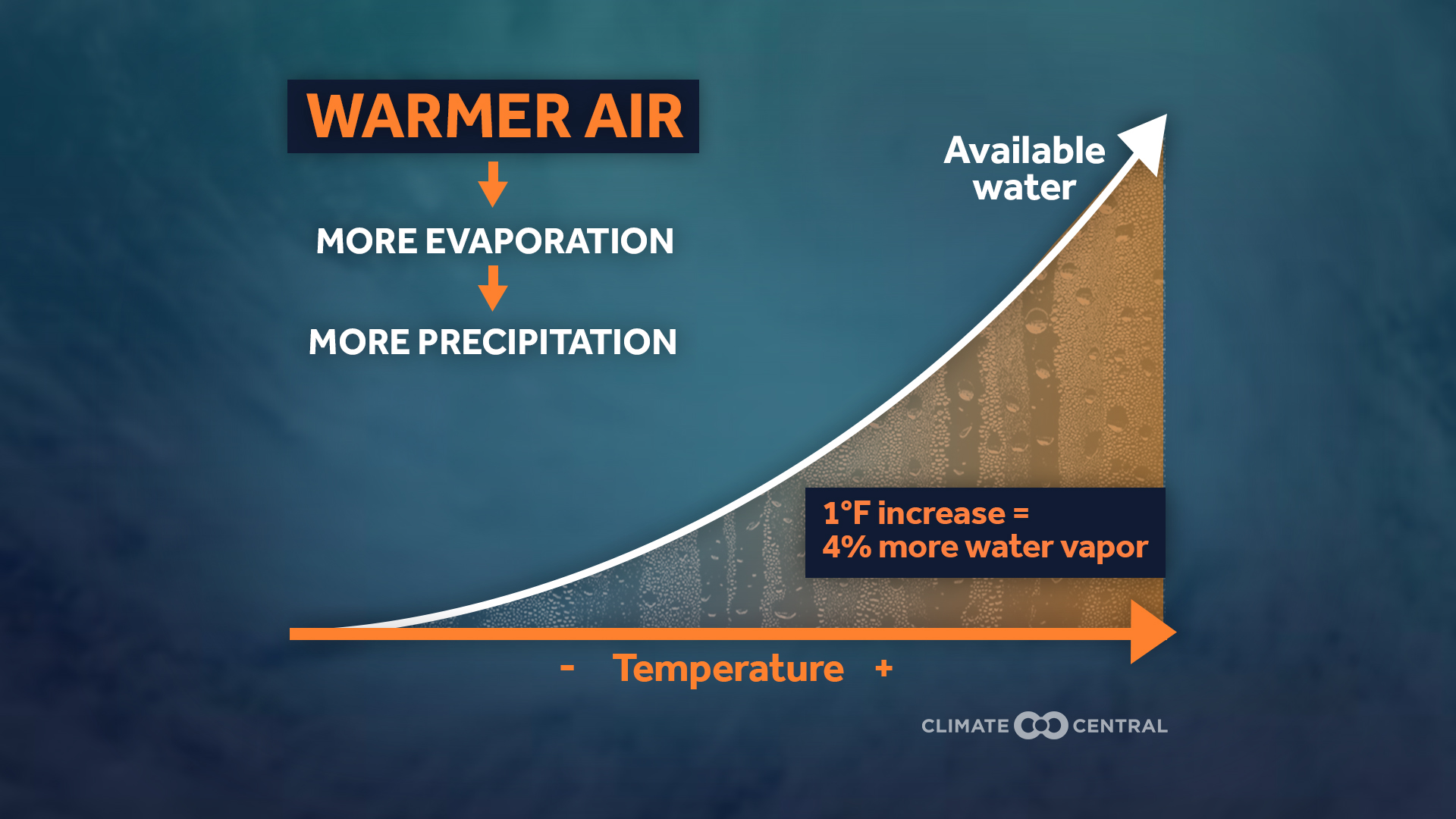
A warmer atmosphere can hold more moisture, and climate research has shown that our warming climate is also leading to hurricanes that produce higher rainfall amounts. The flooding seen after Matthew and Florence in North Carolina and Harvey in Texas could become the new normal with tropical systems.
What Can Be Done?
The U.S. Department of Energy suggests we can address some of the impacts of climate change by switching to more renewable energy sources like solar power that does not emit carbon dioxide.
I recently spoke to a coastal resident that has switched to solar energy over the last eight years. George Guerry of Wilmington told me he started using solar power for more economical reasons. He made the switch to solar to save money on his electric bills.
As a coastal resident for over 30 years, Guerry is no stranger to hurricanes. He had about three feet of standing water on his property for a while after Florence. It was not the worst storm he's seen though. His home was completely destroyed in 1996 by Hurricane Fran's storm surge.
He looks forward to his solar power use providing other benefits after the next storm. Since Florence, Guerry has added a battery back-up system to his his solar panels. That should allow him to keep the power on after the next storm.
Back at UNC-W, Dr. Pricope says that we must all change if we want to address the impacts of climate change. She pointed out that we need national and global action, and that we must all adapt to more severe flooding and more intense winds that hurricanes of the future will bring.







